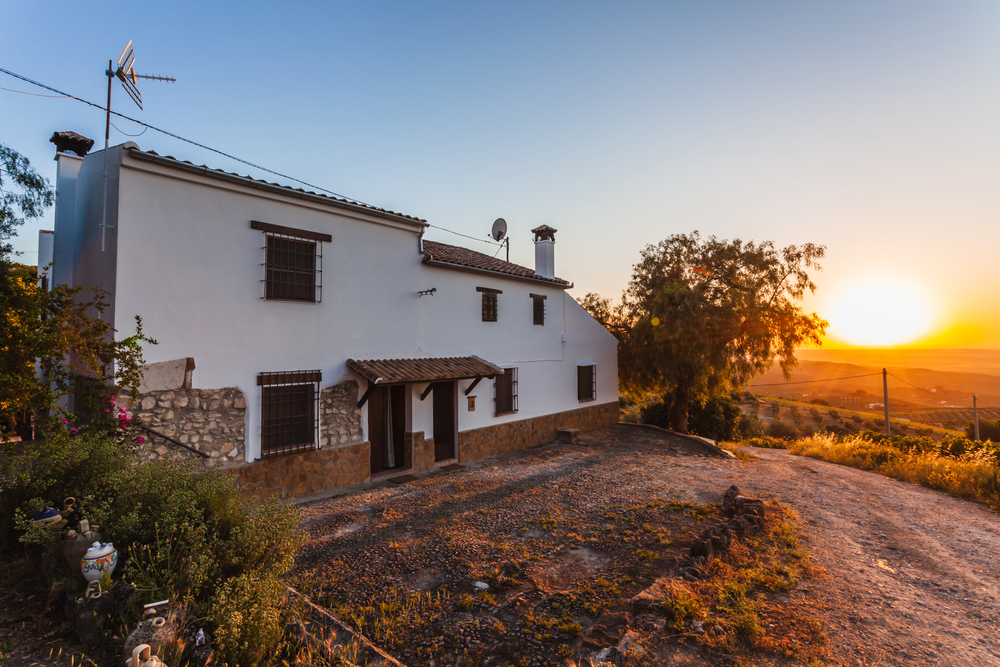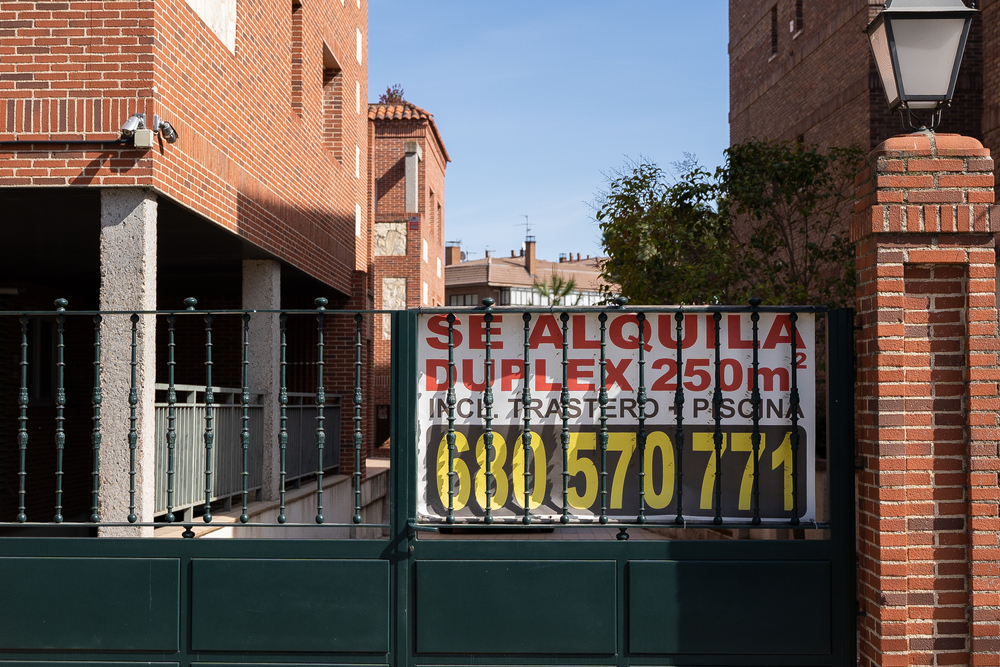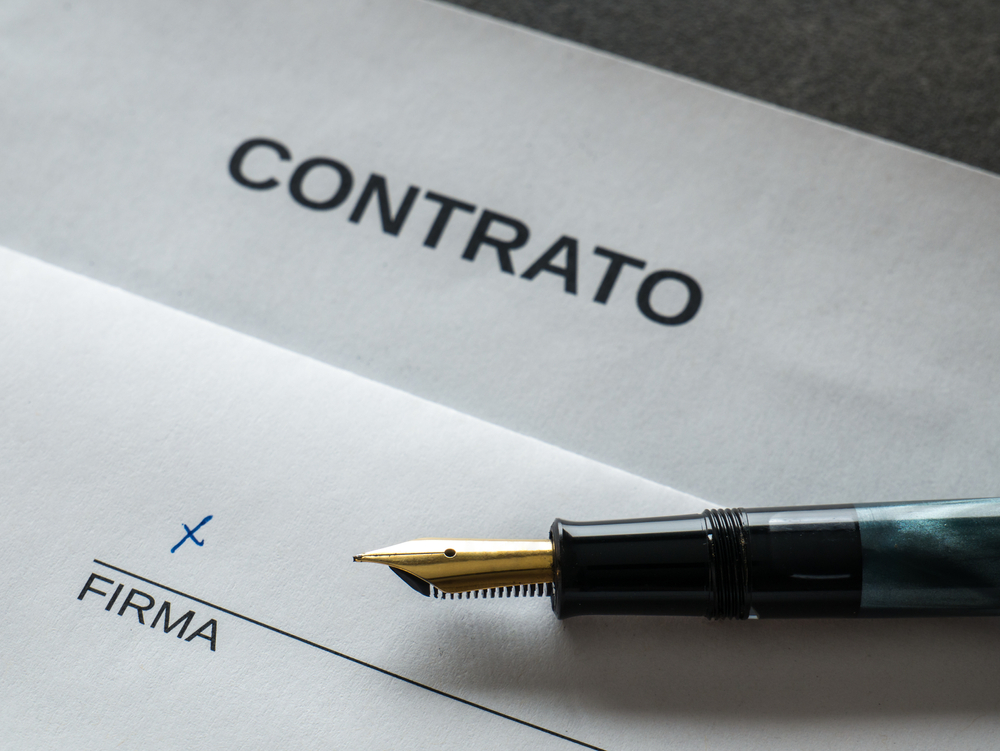Real Estate: Country Rental Fact Sheet
Welcome to Spain!
Spain’s largest cities, such as Madrid and Barcelona, are home to expat communities from around the globe. It can be challenging to find rental properties in Spain’s most popular metropolises; however, it is possible with a little perseverance. Generally safe, the country offers a warm climate, convenient public transportation, friendly and accepting local people, affordable cost of living, and diverse culture. In addition, quality healthcare is readily available as well as universities and international schools. The cost of housing is mostly dependent on the neighborhood with apartments and single-family houses most common. Options range from budget-friendly standard units to costly deluxe accommodations with all the luxury amenities. Public transportation makes commuting to city centers from outlying areas easy for those wanting to live in a more rural and peaceful environment. While many Spanish people speak English, the older generations, who are often landlords, tend to speak only Spanish. Prospective renters who do not speak Spanish, will benefit from using a translator or multilingual real estate agent, as well as English-language property listings and classifieds.
Types of Rental Properties
- Apartments are by far the most widely available rental property in Spain. Most apartments typically include a kitchen and living area, along with bedrooms and a small storage area. Some have balconies or access to rooftop gardens. Newer developments are more likely to provide residents with access to common recreational areas such as a gym or swimming pool.
- Single-family houses are widely available outside city centers where they are found clustered together in residential neighborhoods. Popular among families with children and pets, single-family houses generally offer more privacy, a quieter atmosphere, and more space both indoors and outdoors. They usually have a small yard, storage shed, and sometimes a pool.
Expat Cities
Some of the top places for expats to live in Spain include Madrid, Barcelona, Valencia, and Alicante. The central business districts and downtowns of these metropolises are popular places to reside for those looking to be in the middle of all the hustle and bustle. Those looking for a bit quieter atmosphere, are sure to find residential neighborhoods scattered throughout the city as well as on the fringes, where rates are more affordable. In addition, the suburbs offer more spacious dwellings including houses.
How to Find a Rental
International real estate companies handling sales and rentals have English-speaking agents with offices in Spain such as RE/MAX (www.remax.eu/en/region/spain). These companies specialize in rental listings, particularly for expats. In addition, available units are commonly posted in the classified ads section of local newspapers both in print and online. There also are online classified advertising sites such as Craigslist (https://geo.craigslist.org/iso/es) and Milanuncios (www.milanuncios.com). Another way rental properties are commonly advertised is through online portals, some of the most popular include:
|
|
Rental Rates and Fees
Below is a table of average monthly rental rates for apartments by size and location.
| In City Center | Average Monthly Rate | Range | Outside City Center | Average Monthly Rate | Range |
| 1-bedroom | €888 | €750–1,200 | 1-bedroom | €661 | €550–890 |
| 3-bedroom | €1,610 | €1,300–2,300 | 3-bedroom | €1,107 | €900–1,500 |
- Tenancy agreements can be verbal or written; although, it is recommended to have a detailed written agreement to avoid any discrepancies. For non-Spanish speakers, it’s also important to have any contracts in the native language translated by a trusted friend or professional.
- Rent is paid in the local currency of euros, and the best payment method is bank transfer in order to have consistent documentation.
- The fee paid to a real estate agency for their services in securing a rental varies by company. It is typically equal to one month’s rent or 10 percent of the annual rent.
Lease Terms
Restrictions
Properties can be rented by foreign nationals of all countries. Valid identification and your Numero de Identificación de Extranjeros (NIE), a tax identification number for foreign residents, as well as proof of employment are generally required for long-term lease periods. In addition, some landlords may request references.
Duration
The most common lease term in a Spanish tenancy agreement is 12 months. Lease agreements automatically renew if neither the landlord nor tenant serves a notice to terminate the contract one month before it expires. After a minimum of six months, the tenant can terminate a rental agreement by providing at least 30 days’ notice in writing.
Deposits
A security deposit equal to two times the gross monthly rent (one month’s rent as deposit plus one month of rent in advance) is typically required. Interest is not paid on the deposit.
Pets
Spain is a pet-friendly country where it is possible to find housing that allows pets. Even if a building has a no-pets policy, landlords may be willing to negotiate on a case-by-case basis. Sometimes an additional pet deposit may be required. All dog breeds are welcome in Spain; however, there are restrictions on strong and aggressive dogs, regardless of the breed.
Legal Issues
- Failure to pay rent by the seventh day of the month allows the landlord to initiate legal proceedings; however, courts often rule that arrears must exceed six months before any action is taken. Landlords also may evict tenants if the residence is used for immoral purposes, property is damaged, tenants disturb neighbors, or unit is subleased without permission.
- Upon moving to a new residence, you must inform the Spanish Ministry of the Interior (www.interior.gob.es), which will update the current address associated with your NIE. This seven-digit number, preceded by a letter and followed by another letter, is required for non-citizens to make financial transactions in Spain.
Amenities
Furnished vs. Unfurnished
Long-term apartments are generally rented unfurnished, which can mean completely bare with no appliances or including only essential appliances such as a hot water heater and refrigerator. Furnished units typically have appliances as well as basic furniture and require a larger deposit.
Parking
Many expats do not have cars in Spain as driving can be a hassle, and public transportation is convenient and cheap. If parking is available at a rental property in the city center it is likely to be very costly, whereas parking in outlying areas is more apt to be included with the monthly lease.
Utilities
Most rentals do not include utility services. Electricity, gas, telephone landline, internet and bundled services, water and sewage, and waste and recycling must be secured independently by the renter.
Telephone Landline
In Spain, Telefonica’s Movistar (www.movistar.es) is the main telephone landline provider and the only company authorized to install landlines. Monthly bills are payable by direct debit, online through the company’s website, and in person at major banks or a branch office. Movistar also offers internet, mobile phone, and television services with bundled packages available.
Internet and Bundled Services
Along with Telefonica’s Movistar (www.movistar.es), other popular internet service providers include Orange (www.orange.es), Vodafone (www.vodafone.es), Yoigo (www.yoigo.com), and Jazztel (www.jazztel.com). Fixed-rate packages for bundling telephone landline, internet, mobile phone, and television services are available.
Electricity
The main energy distributors for Spain, offering both electricity and natural gas, include Endesa (www.endesa.com), Iberdrola (www.iberdrola.es), Naturgy (www.naturgy.com), CEPSA (www.cepsa.es), REPSOL (www.repsol.es), and EDP (www.edp-residencialbytotal.es). You can activate your electricity online or in person and will be required to provide your name, NIE, and address. Bills are paid monthly or bi-monthly based on meter readings. Payments can be made using direct debit or in person at post offices, major banks, and the company’s office.
The standard electrical voltage is 230 volts AC, 50 hertz, using the two-pinned type C Europlug and type F Schuko plug. Most European devices will work in Spain without any additional equipment. American devices, which are designed for 110- and 120-volt electricity, will require voltage converters or transformers and plug adapters.
Water and Sewage
Water and sewage services are the responsibility of local providers. In Madird, Canal de Isabel II (www.canaldeisabelsegunda.es) supplies water, and in Barcelona the provider is Aigües de Barcelona (www.aiguesdebarcelona.cat). You can transfer service into your name by providing the company with your NIE, address, and copy of your rental agreement either using the company’s online portal, by calling customer service, or in person at the nearest customer service office. Water use is billed every two months based on meter readings. Customers can make payments online, using direct debit, by calling customer service with a credit or debit card, or in person at major banks.
Gas
There are a variety of companies supplying piped natural gas (PNG) in Spain, with availability dependent on location. The main providers are Iberdrola (www.iberdrola.es), Endesa (www.endesa.com), CEPSA (www.cepsa.es), Naturgy (www.naturgy.com), EDP (www.edp.com), and REPSOL (www.repsol.es). These distributors also offer electricity, with discounted packages available for bundling services. Older buildings may not be connected to the PNG network and require use of bottled gas, which can be purchased locally.
Waste and Recycling
Solid waste collection and recycling are the responsibility of each individual municipality with weekly scheduled pickups dependent on location. Separate, color-coded containers are provided for different types of waste. Green bins are for glass, blue for paper and cardboard, yellow for household packaging such as metal cans and plastic bottles, brown for organic composting, and gray for all other waste. Residents are responsible for taking any bulky or hazardous waste to their municipality’s landfill.
FAQs
Can I negotiate my lease?
The monthly rental of properties can usually be negotiated unless already specified by the landlord. The majority of the negotiations will be regarding a fully “inclusive” monthly price which already factors in any management costs or included utilities. An “exclusive” price does not include these costs, which should be added to determine your total monthly budget.
In addition, when renting an unfurnished apartment or partially furnished apartment, the requirement for additional furniture, appliances, or fittings, can sometimes be negotiated.
Should I have renter’s insurance?
Renter’s insurance is advisable, and some Spanish landlords require it of tenants. Depending on the policy, renter’s insurance can cover everything from lost or stolen personal items to property damage due to kitchen fires, plumbing issues, inclement weather, and more. Rates are calculated based on the size of the rental property and the value of furnishings and personal effects. Most insurance companies, in Spain and worldwide, offer some form of renter’s insurance.
Article written for World Trade Press by Brielle Burt.
Copyright © 1993—2025 World Trade Press. All rights reserved.

 Spain
Spain 

